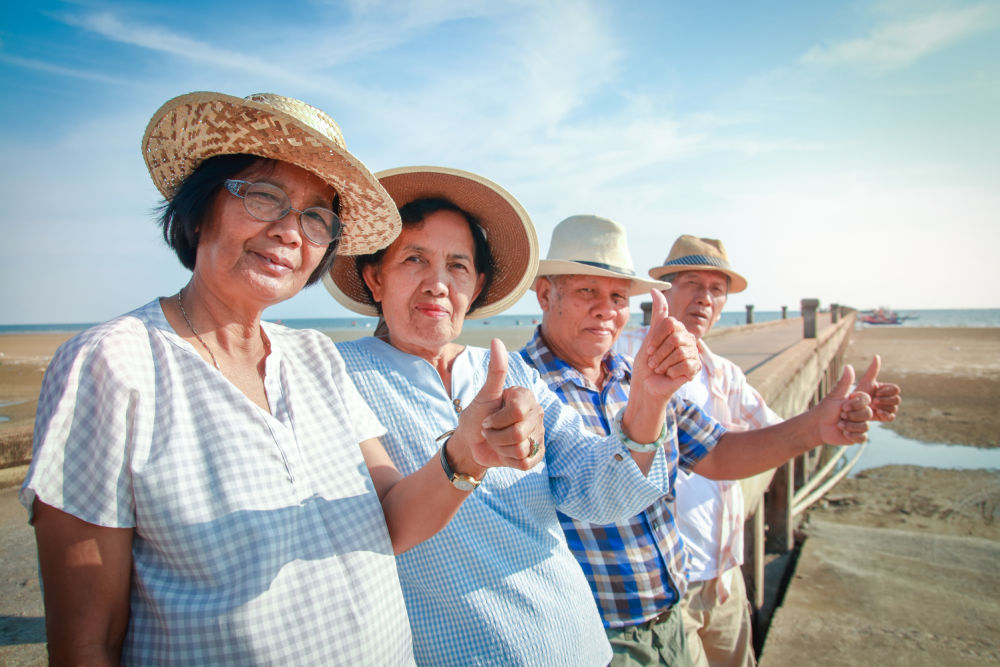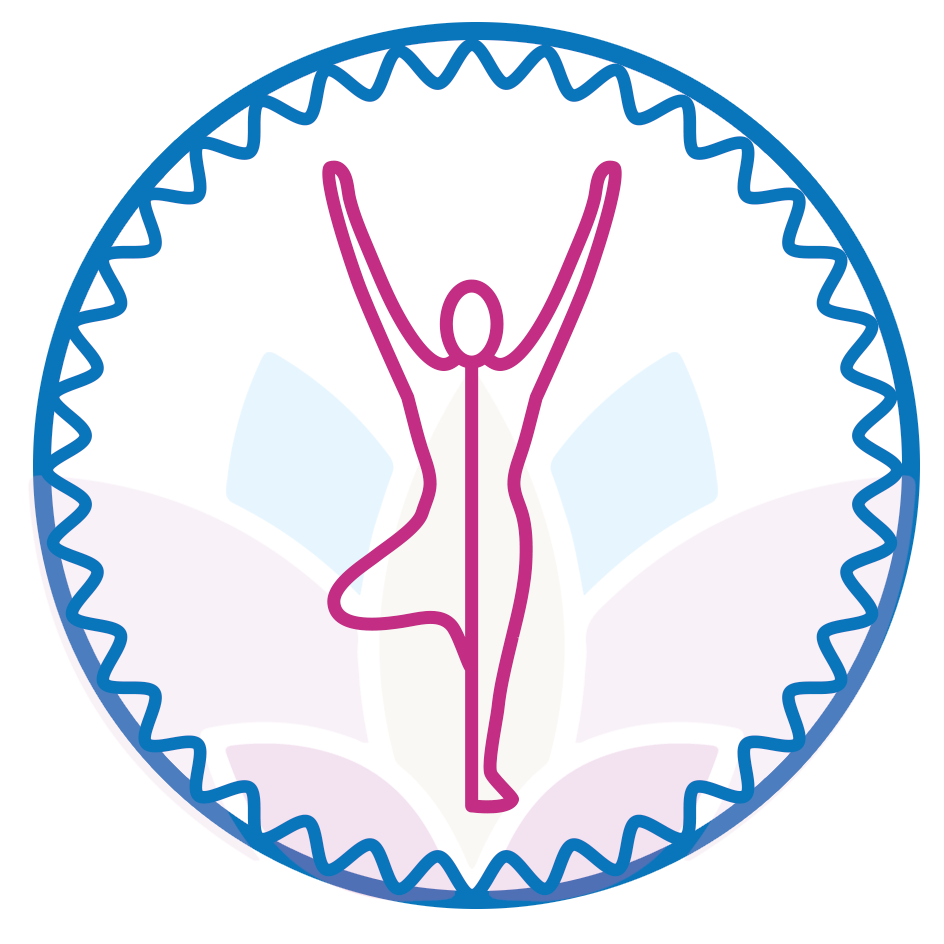
Lessons from Centenarians Teach Us How to Age More Gracefully!
For years whenever someone complimented me, I would smile and redirect the conversation. I did not realize I was doing it. I had adopted this approach because I believed it was what I was supposed to do. I did not want to seem conceited or overly proud of my accomplishments for fear of hurting someone else’s feelings or for some other hidden culturally-acquired reason. Then one day, it hit me that when I share my joy and accomplishments, I am inspiring others who might need my message to do the same, and when I brush off a compliment, I am telling myself that I am not deserving.
Science has revealed that our hormonal system, immune system, and brain are responding to these subtle negative messages and it is shortening our lifes. In research done in the Blue Zones, places where people live to be over 100 and seem to be happier and healthier than the rest of us, it appears that believing yourself to be worthy of the nice things people say to you and blessings in your life is one of the factors that contribute to longevity.
Dr. Mario Martinez, a licensed clinical neuropsychologist and best-selling author of “Mind Body Self…How Longevity is Culturally Learned and Causes of Health are Inherited” has been making the rounds on podcasts recently. I have listened to several of these podcasts where he describes his research on aging vibrantly. Here is some wisdom I gleaned that might speak to you.

Advice from People who have lived to be a 100 Plus
Turning Routines into Rituals
Centenarians ritualize healthy routines. For instance, if they believe getting up first thing in the morning and taking a mindful walk is key, they make it non-negotiable and they honor the walk as something incredibly important in their lives. On the other hand, if they believe drinking that glass of wine nightly is good for their health, then it is important that they continue this habit because it reinforces their belief system.
Not Buying into Culturally Held Beliefs about Aging
Another interesting finding was that the centenarians rose above the tribal collective attitudes to attain a more individuated approach to living. In other words, they did not buy into the whole idea that “I am old, now I cannot do something“. The idea of being individuated means that you can take agency over your life. “Fate is what happens to you that is out of your control. Agency is a conscious action that shapes fate into destiny,” according to Dr. Martinez. A key practice for taking agency is to say to yourself, “I won’t blame anyone not even myself for the outcome of my actions. I will weigh my actions on the rightness of the moment.”
Developing a supportive subculture
Learning these new ways of living is one thing, maintaining them when you are not in your yoga class or with your health coach is another. Dr. Martinez points out that the gains made in these lifestyle changes can only be sustained if you surround yourself with others who also believe in your vibrancy. In other words, choose to live in a world that does not put you back into disempowering belief systems. “Instead live in a world where your good genes are allowed to be expressed and your sick genes are capped.”
Having a healthy dose of “Inclusive Narcissism”
This one was interesting because it gets back to my first paragraph. Being pseudo-humble as Dr. Martinez puts it is ruining our health. Here is his explanation. The healthy centenarians he interviewed react differently to compliments. Instead of feeling embarrassed or feeling like they had to humbly not accept the compliment, they might say something like “I have always been beautiful, thank you.” Then they might notice all your beauty as well, an example of inclusive narcissism. Dr. Martinez says speaking this way and feeling this way about yourself releases many longevity hormones in your body such as dopamine, serotonin, DHEA, and oxytocin.
It is never too late to change
Dr. Martinez says centenarians do not think they are out of time. They believe there is no time like the present to change. They understand that biology follows what you believe. Anything learned can be unlearned for the sake of your biology. Here is a short practice that might help you begin to open yourself up to a healthy dose of self-love.
Even If You Do Not Want to Live to be 100
Regardless of what age you are and what age you will live to, why not develop a more healthy approach to aging. These kinds of changes are a lot easier than changing other habits. To sum up, it is not enough to eat well, exercise, and sleep well to age vibrantly. You need to think well and speak well and expect to be spoken to in a way that supports your healthy aging. If you need help in aging vibrantly, reach out.
My wish for you is to love yourself no matter what is your current state of health and stay open to all the healing possibilities.
Namaste,
Andrea



